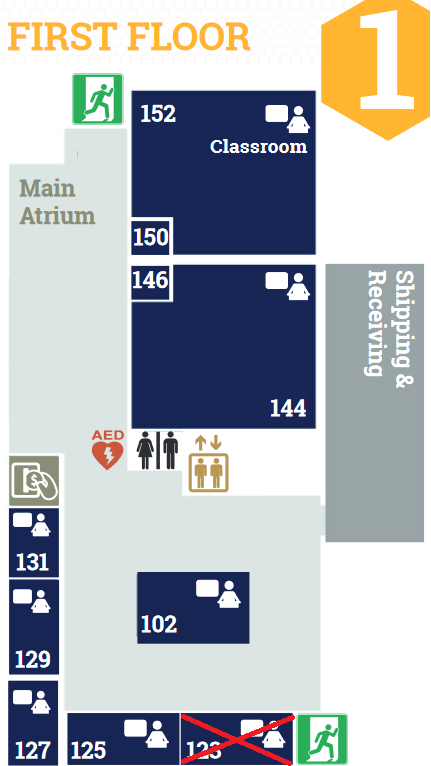The format and schedule for HSMD 2026 can be found below! If you’d like to submit a question for the panel of Georgia Tech professors at HSMD 2026, please us this link: https://gatech.co1.qualtrics.com/jfe/form/SV_7854is2fYej1PjU

Morning and Afternoon Competitions
Students will take part in one of the two morning rounds: Competitive or Exploratory. Both rounds consist of multiple choice questions and expose students to a variety of math concepts, however, the Exploratory round does not assume an advanced math background.
In the afternoon, students can participate in one of the two afternoon rounds: Proof or Team. The Proof Exam will feature Olympiad proof-style problems, while the Team Round will feature multi-part problems designed to guide students towards developing intuition for math topics not typically covered in school curricula. Note that in order to qualify for the Proof exam this year, students must place within the top 20% of the Competitive Exam takers. Students who did not qualify for the Proof Exam may take it, but their solutions will not be graded. Please note that students cannot advance to the Proof round if they took the Exploratory exam in the morning.
The Proof Exam will have several challenging and beautiful problems that require a rigorous Olympiad-style proof. The Proof Exam might assume knowledge of basic competitive math topics like introductory number theory, Euclidean geometry and more. The winners of the Proof exam will receive prizes at the end of the Math Day!
For the Team Round, students will be grouped into teams shortly before the round, and they will solve multi-part problems from various areas of math with “low floor and high ceiling”. The problems are designed to lead the students through a complex solution that explores an interesting concept and are similar in structure to the ARML Power Round. Each of the problems will cover a topic not typical for a school curriculum, such as Graph Theory or Topology. Students will work towards solving one of these problems by solving smaller questions designed to guide them through the problem and develop intuition for the subject. The solutions to the problems will not be officially graded but will be checked on the spot by our volunteers.
We do not require a certain minimum number of students per school. The teams for the Team Round will be formed randomly shortly before the round itself, as some students might choose to do the Proof Round.
Activity Stations
Clough Floor Plans are attached here, followed by a list of descriptions of our activity stations!




During and after lunch, we will set up multiple activity stations with student volunteers who will teach an interesting math concept with hands-on mathematical exploration! Additionally, we will have board games and puzzles available.
Public Speaker and Panel
After the afternoon competition, students will have an opportunity to hear a Public Math Talk given by our Invited Speaker! Title and abstract details will be posted soon.
Public Speaker: Dr. Dana Randall
Title: Coming Soon!
Abstract: Coming Soon!
Panel Participants: This year, our panel will consist of Professors Dana Randall, Santanu Dey, Anton Leykin, and Grigoriy Blekherman.
